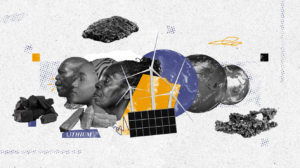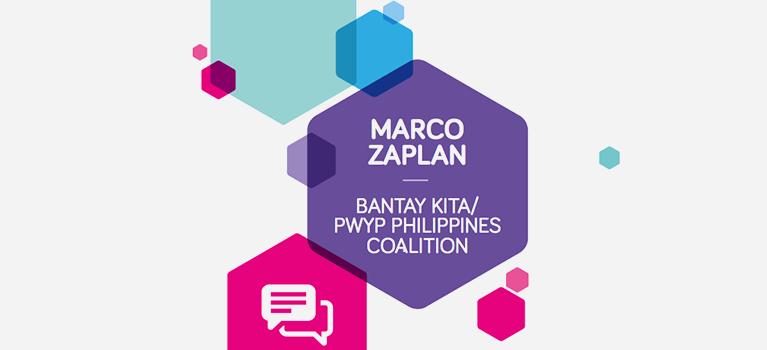
Recommendations for a common African vision on transition minerals
To make the most of the transition minerals boom, African leaders need to come together and act urgently to ensure that the emerging transition minerals market is well-regulated, transparent, just and equitable. The world needs to stop burning fossil fuels. Climate change is already happening and to prevent the worst impacts we must accelerate the…
Read Download

